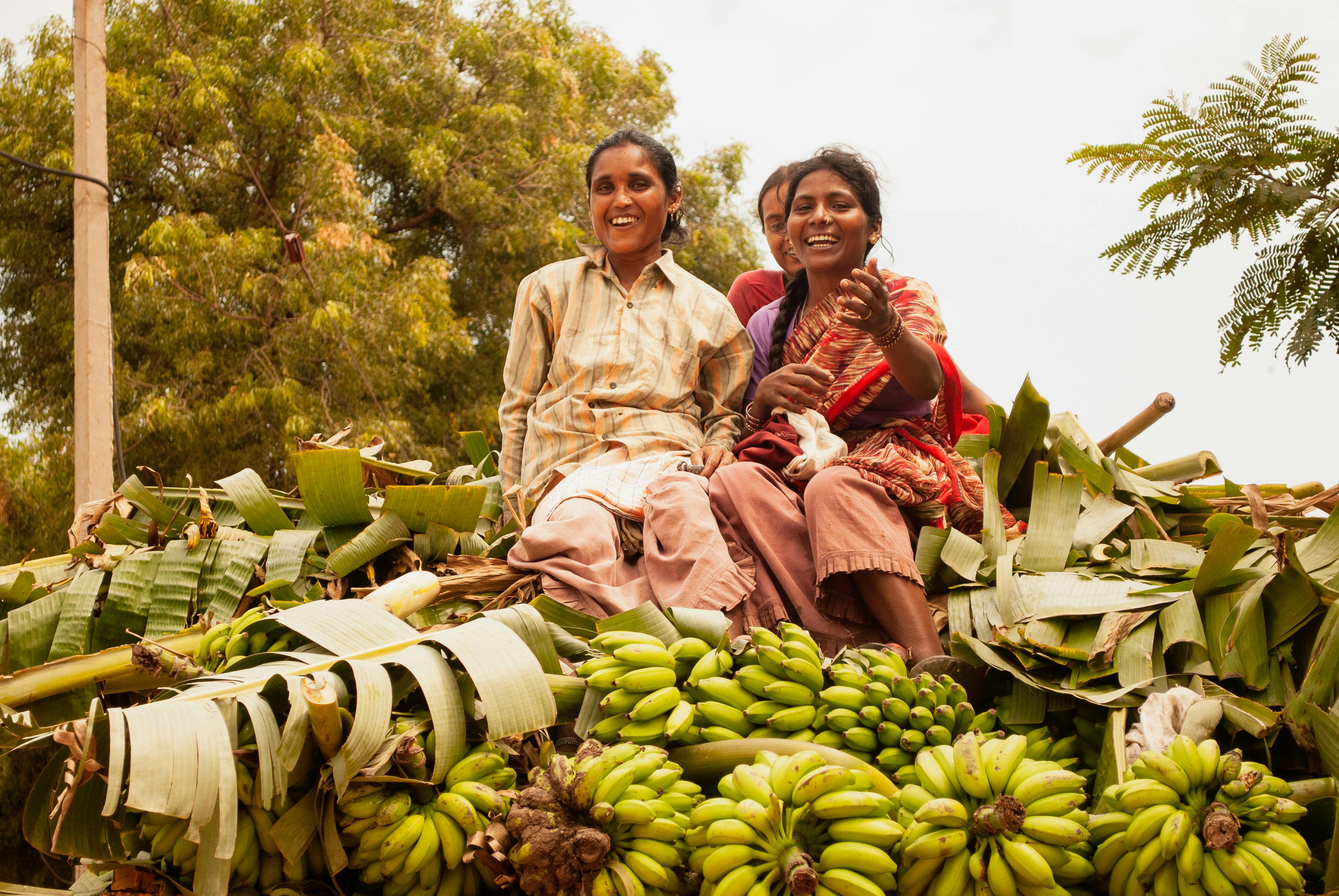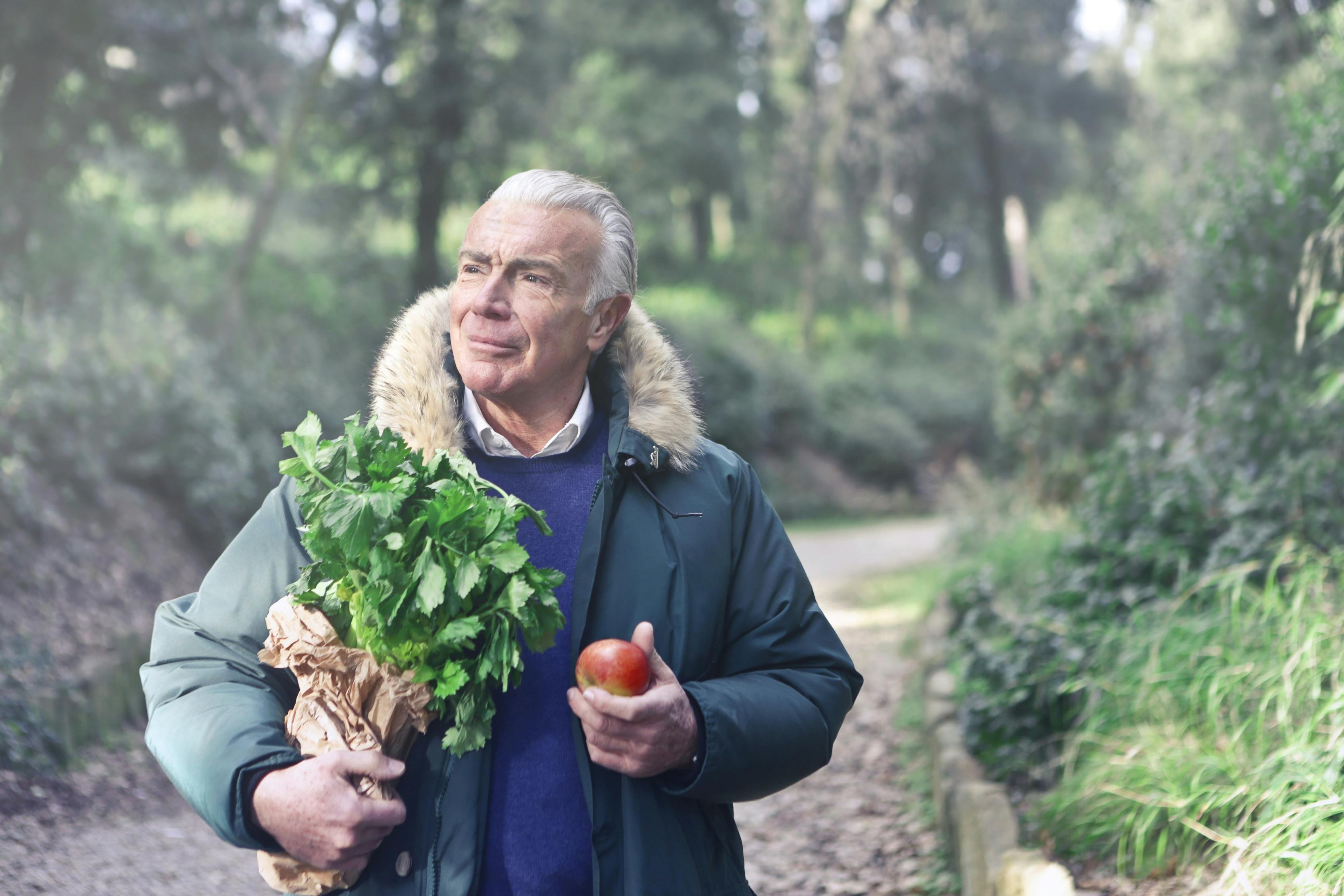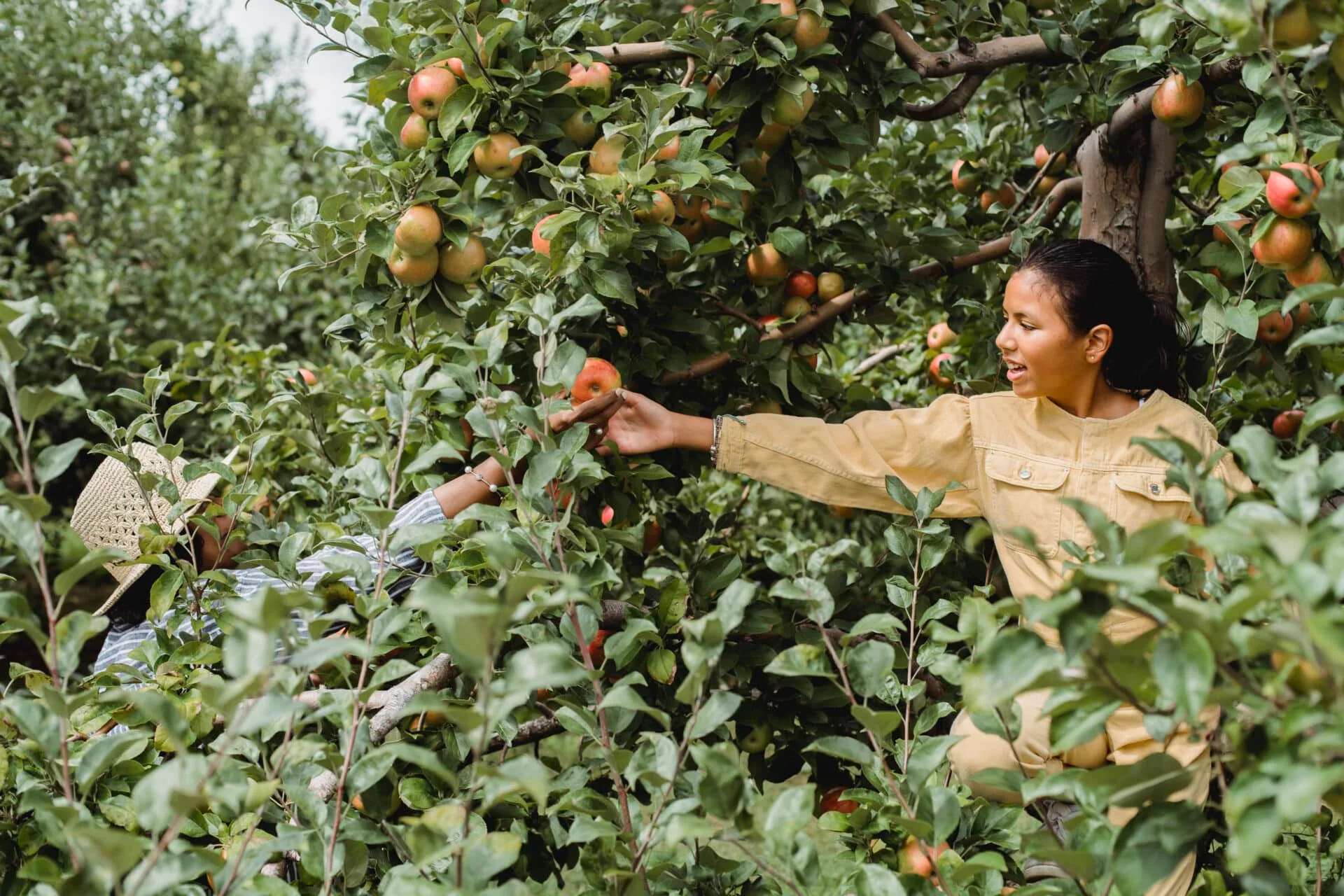Phoenix, Arizona is home to a variety of fruit trees that grow in its warm desert climate. These trees are able to withstand the heat of the summer months and can produce an abundance of delicious fruits. Common fruit trees found in Phoenix include citrus, such as oranges, lemons and grapefruits; stone fruits, such as apricots, peaches and plums; and other varieties like apples and pears. With a little extra care and attention, you can enjoy homegrown fruit right from your own backyard!Some of the most popular types of fruit trees suitable for growing in Phoenix, AZ include citrus trees, fig trees, pomegranate trees, peach trees, plum trees, apricot trees, and apple trees. All of these types of fruit trees are well-suited to the warm climate and low rainfall that are typical of Phoenix. They will also need to be properly cared for with regular watering and fertilizing in order to achieve optimal results.
Low Maintenance Fruit Trees for Phoenix, AZ
Fruit trees are a great way to enjoy fresh fruit from your own backyard. In Phoenix, Arizona, there are some fruit trees that require low maintenance and can thrive in the hot climate. These include citrus trees such as oranges, lemons, and grapefruits. Other varieties that do well in Phoenix include apricots, figs, peaches, olives and pomegranates.
Citrus trees need full sun and well-drained soil to thrive. Plant them in an area with good air circulation and try to avoid waterlogging the roots. Prune them regularly to keep them manageable and fertilize them twice a year with a citrus fertilizer formulated for your area.
Figs need full sun but can tolerate some shade during the hottest part of the day. They prefer soil with good drainage but don’t need much fertilizer or pruning if grown in the right conditions. They can be grown from cuttings or from seed and can be quite prolific when established.
Apricots need full sun and well-drained soil to produce good quality fruit. They should be planted in an area protected from strong winds and should be watered regularly during dry spells. Prune lightly each year to encourage growth and harvest when apricots are a deep orange color.
Peaches will also do well in Phoenix if they are planted in an area that gets plenty of sunlight but is protected from strong winds. Peaches require more maintenance than other types of fruit trees as they should be pruned annually to encourage healthy growth and better fruiting. Soil should be well-drained but watered regularly during dry spells to ensure good fruiting results each season.
Olives are another type of fruit tree that will do well in Phoenix with minimal maintenance requirements if planted in a sunny spot with well-drained soil that is not overly wet or dry at any given time. Olives should be pruned lightly each year after harvesting to keep them healthy and productive for many years to come..
Pomegranates need full sun but can tolerate some shade during the hottest part of the day as long as it is not too much shade for too long each day. Plant pomegranate trees into soils with good drainage characteristics so their roots don’t become water logged or overly dry at any given time throughout the season.. Prune lightly each year after harvest for best results year after year..
Overall, there are many types of fruit trees that will do well with little maintenance required in Phoenix’s hot climate if they are planted in the right conditions with proper care given throughout their life cycle.. Whether you choose citrus trees such as oranges, lemons, or grapefruits; apricots; figs; peaches; olives; or pomegranates – you can enjoy fresh fruit from your own backyard without all the fuss!
How to Plant and Care for Fruit Trees in Phoenix, AZ
Fruit trees are a great way to add beauty and functionality to your Phoenix, AZ home. With the right care and attention, you can enjoy delicious fruit from your own backyard! Before planting your fruit tree, it is important to consider the type of climate you have in Phoenix as this will determine the best variety of fruit tree for your area.
When choosing a variety of fruit tree for Phoenix, it’s important to select one that is well-suited to the climate. Some of the most popular varieties include citrus trees such as oranges and lemons, as well as peach and apricot trees. You should also consider the amount of sunlight that particular type of tree needs in order to thrive. Once you have chosen the right variety for your area, it’s time to get planting!
When planting a fruit tree in Phoenix, it is important to dig a hole that is approximately twice as wide and deep as the root ball. This will give your tree plenty of room for its roots to spread out and take hold in the soil. Once planted, you should add a layer of mulch around the base of the tree to help retain moisture and protect its roots from extreme temperatures.
It is also important to provide adequate water for your fruit trees throughout their growing season. Depending on the type of tree you have planted, they may need more frequent watering during periods when there is not enough rainfall. You should also make sure that they are getting adequate nutrition by fertilizing them twice a year with an organic fertilizer designed specifically for fruit trees.
Finally, you should prune your fruit trees regularly throughout their growing season in order to promote healthy growth and development. Pruning helps remove dead or diseased branches while encouraging new growth and improved fruiting potential. Be sure not to prune too heavily or too often as this can damage or even kill young trees!
With proper care and attention, your fruit trees will thrive in Phoenix’s climate and produce delicious fruits year after year!
Best Time of Year to Plant Fruit Trees in Phoenix, AZ
The best time of year to plant fruit trees in Phoenix, AZ is typically during the cooler months from October through April. This is when temperatures and soil moisture levels are more favorable for successful planting and establishment. The ideal time to plant fruit trees in Phoenix is during the mild winter season, which averages daytime temperatures around 70°F. The fall season can also be a good time to plant, as temperatures are still mild and rainfall is more abundant.
When planting a fruit tree in Phoenix, it’s important to choose a variety that will thrive in the area’s hot and arid climate. Some popular varieties that do well include citrus (orange, lemon, grapefruit), pomegranates, peaches, apricots, plums and persimmons. Be sure to select a variety that is appropriate for your climate zone (Phoenix falls into USDA Hardiness Zone 9a).
Before planting your tree, it’s important to properly prepare the soil. The soil should be well-draining and amended with plenty of organic matter such as compost or aged manure. Work the soil at least 8-12 inches deep and mix in any amendments thoroughly before planting your tree. Once planted, water deeply twice a week until established and provide regular maintenance such as pruning and fertilizing throughout the growing season.
Following these tips will help ensure success when planting fruit trees in Phoenix!
Pruning Requirements for Fruit Trees in Phoenix, AZ
Pruning fruit trees is an important part of maintaining healthy plants in the Phoenix, AZ area. Pruning helps to promote good airflow and light penetration, while also controlling the size and shape of the tree. It is important to understand when and how to prune fruit trees in order to ensure they produce healthy, delicious fruit.
Fruit trees should be pruned during the dormant season. This period occurs in late winter or early spring before new growth begins. Pruning during this time will help reduce stress on the tree as well as reduce the risk of disease and pest infestations.
When pruning fruit trees it is important to remove any dead or diseased branches that may be present. These branches can harbor pathogens that can spread throughout the tree, causing it to become unhealthy and unproductive. Additionally, any branches that are crossing or rubbing against each other should also be removed as these can cause damage or create wounds where diseases can enter.
It is also important to remove any branches that are growing too close together as this can block light from reaching all parts of the tree, resulting in poor yields and lower quality fruit. When selecting which branches to remove it is best to choose those that are smaller than a pencil in diameter as these are more likely to have fewer nutrients and be less productive than larger ones.
Finally, it is important to remember not to prune too much off a single branch or cut too close to the trunk of a tree, both of which could cause serious damage or even death of the plant. Pruning should be done carefully with sharp tools so that only clean cuts are made and no ragged edges remain which will heal more slowly and leave openings for disease entry into the tree.

Soil Requirements for Growing Fruit Trees in Phoenix, AZ
Growing fruit trees in Phoenix, Arizona requires special attention to the soil. The soil should be well-drained, and have a pH level of 6.0 to 7.5. It should also be amended with organic matter such as compost or manure. Adding mulch around the root zone will help retain moisture and also provide nutrients for the tree’s growth. Especially during hot summer months, it is important to keep the soil moist but not wet to avoid root rot and other problems associated with overly wet conditions. Additionally, adding fertilizer regularly can help promote healthy growth of fruit tree roots and promote overall health of the tree. Finally, pruning can help ensure that the tree is getting enough sunlight and air circulation so that it can produce healthy fruit yield. With proper care and attention to soil requirements, Phoenix residents can successfully grow many different types of fruit trees in their yards or gardens.
Common Pests and Diseases Affecting Fruit Trees in Phoenix, AZ
Fruit trees in Phoenix, AZ are susceptible to various pests and diseases. The most common pests found on fruit trees are aphids, mites, scale insects, thrips, caterpillars, and whiteflies. Aphids feed on the sap of the tree, causing damage to the leaves and stems. Mites can cause leaf discoloration and yellowing of foliage. Scale insects attach themselves to the bark and feed on the plant’s sap, resulting in stunted growth and possible death of the tree. Thrips feed on new growth, causing leaf discoloration and distortion. Caterpillars feed on the leaves of fruit trees and can cause significant damage if left unchecked. Whiteflies also feed on the foliage of fruit trees which can cause stunted growth and leaf drop.
In addition to these pests, fruit trees in Phoenix may also be affected by various diseases such as bacterial canker, scab disease, fire blight disease, powdery mildew disease, black rot disease, stem canker disease, brown rot disease, crown gall disease and peach leaf curl disease. Bacterial canker causes lesions on leaves and bark of the tree which eventually results in wilting or dieback of branches or even death of the entire tree if left untreated. Scab is a fungal infection that affects fruits causing them to become scabby or distorted in shape. Fire blight is a bacterial infection that causes wilting of leaves or flowers accompanied by dark brown lesions on twigs or branches. Powdery mildew is a fungal infection that affects leaves causing them to become covered with white powdery spots on both sides.
Black rot is another fungal infection which infects fruits leading to decay or discoloration while stem canker causes lesions which eventually girdle branches leading to their death. Brown rot is a fungal pathogen that affects blossoms leading to wilting or death while crown gall causes swollen galls at points where shoots meet roots resulting in stunted growth or death if left untreated. Peach leaf curl is a fungal pathogen that infects leaves causing them to curl up as well as turn yellowish-red in color before they eventually drop off from the tree prematurely.
It is important for fruit tree owners in Phoenix to be aware of these common pests and diseases so they can take steps to prevent them from affecting their trees. Proper maintenance such as pruning dead branches regularly as well as spraying pesticides during growing season will help reduce infestations by pests while regular monitoring for any signs of diseases will help catch any infections early before they spread further into your tree canopy.
Harvesting Fruits from Your Phoenix, AZ Fruit Tree
Harvesting fruits from a Phoenix, AZ fruit tree can be an exciting and rewarding experience. With the right knowledge and preparation, you can ensure that your harvest is as successful as possible. Knowing when to pick your fruits is essential for getting the best results. The timing of the harvest will depend on the type of fruit you are growing, so it’s important to research and understand the specifics for each type of fruit. Generally speaking, most fruits should be harvested when they are ripe and have reached their peak flavor. You should also check for any signs of blemishes or damage that may have occurred while on the tree.
Storing Fruits from Your Phoenix, AZ Fruit Tree
Once you have harvested your fruits from your Phoenix, AZ fruit tree, it’s time to think about how you will store them. Depending on the type of fruit and how quickly you plan on consuming it, there are several different methods you can use to store your fruits. For example, if you plan on eating the fruit within a few days of harvesting it then refrigeration is likely the best option. On the other hand, if you want to store them for an extended period of time then freezing or canning may be better options. If you choose to freeze your fruits make sure that they are completely dry before placing them in freezer bags or containers as any remaining moisture could lead to spoilage over time.
No matter which storage method you choose make sure that all containers are properly sealed and labeled with dates so that you know exactly when each batch was harvested and stored. Following these steps will help ensure that your harvest lasts longer and tastes better too!

Conclusion
Phoenix is a great place to grow fruit trees. There are many varieties of fruit trees that do well in the Phoenix climate, including citrus, pomegranates, peaches, apricots, and apples. It’s important to select the right type for your area and to ensure that the soil is well-drained and amended before planting. With the right amount of water and care, you can enjoy a bounty of fresh fruit from your Phoenix-grown fruit trees.
Fruit trees are an excellent way to add color and beauty to your yard while providing delicious fruits for you and your family. Growing fruit trees in Phoenix is not only rewarding but also fun! With some planning and preparation, you can create a thriving orchard in your backyard.



